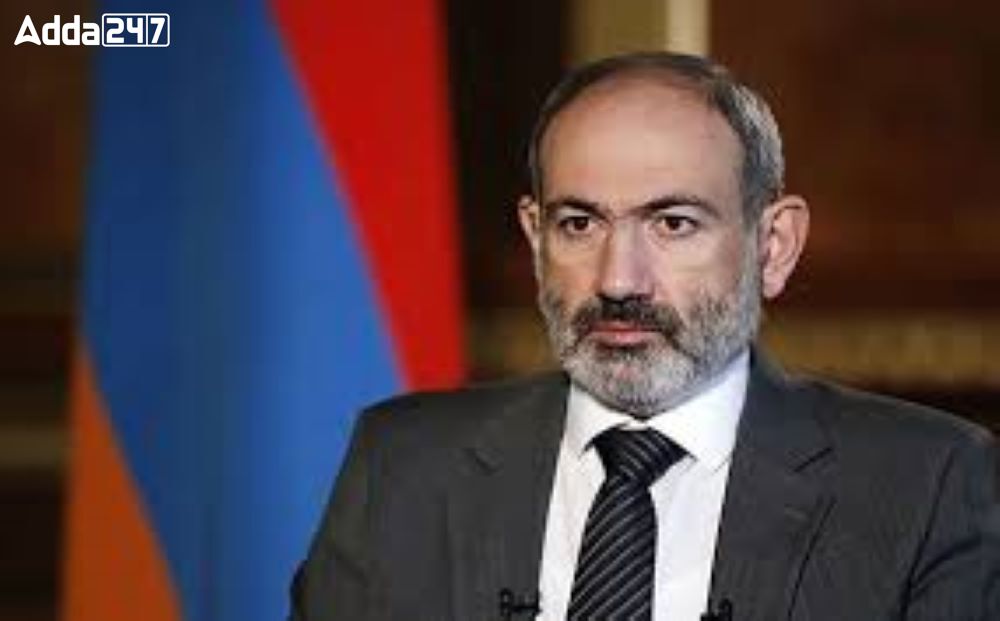Armenian Prime Minister Nikol Pashinyan has announced Armenia’s decision to leave the Collective Security Treaty Organization (CSTO), a Russian-led military alliance. Pashinyan cited the alliance’s perceived favoritism towards Azerbaijan during the Nagorno-Karabakh conflict as a primary reason for Armenia’s withdrawal. This move underscores Armenia’s strained relationship with Russia, exacerbated by Moscow’s refusal to intervene in the recent military conflict in Nagorno-Karabakh. The CSTO, dominated by Russia and comprising former Soviet states, including Belarus and Central Asian nations, aims to provide mutual defense among member states.
Background of Tensions: Nagorno-Karabakh Conflict
Armenia’s ties with Russia soured after Azerbaijan’s military campaign in September, which resulted in Azerbaijan gaining control over the Nagorno-Karabakh region. Armenia accused Russian peacekeepers of failing to prevent Azerbaijan’s advances, further straining their alliance. Despite Russia’s military presence in Armenia, tensions escalated as Armenia sought closer ties with the West, including joining the International Criminal Court, a move opposed by Russia.
Domestic and International Ramifications
Pashinyan’s decision to withdraw from the CSTO comes amidst domestic unrest, with widespread protests demanding his resignation due to controversial border negotiations with Azerbaijan. Russia, while publicly expressing concerns over Armenia’s Western orientation, has sought to mitigate these tensions, emphasizing its military base in Armenia and historical ties between the two nations.
Armenia : key points
President: As of my last update, the President of Armenia is Vahagn Khachaturyan. He assumed office on March 13, 2022.
Capital: The capital city of Armenia is Yerevan. It is also the largest city in the country and serves as its cultural, economic, and administrative center.
Currency: The official currency of Armenia is the Armenian Dram (AMD).
Official Language: The official language of Armenia is Armenian.
Population: Armenia has a population of around 3 million people (as of the last available data).
Government: Armenia is a unitary, multiparty, democratic nation-state with a parliamentary system.
Religion: The predominant religion in Armenia is Christianity, specifically the Armenian Apostolic Church, which is one of the oldest Christian denominations.
Geography: Armenia is located in the South Caucasus region of Eurasia. It is bordered by Turkey to the west, Georgia to the north, Azerbaijan to the east, and Iran to the south.
History: Armenia is one of the world’s oldest civilizations with a rich history dating back thousands of years. It became the first nation to adopt Christianity as its state religion in the early 4th century AD.
Economy: Armenia’s economy is predominantly based on services, agriculture, and industry. The country has been transitioning from a Soviet-style planned economy to a market economy since gaining independence in 1991.
Culture: Armenian culture is known for its rich traditions in music, dance, literature, and art. The country has a unique cultural heritage influenced by its ancient history and Christianity.




 India and Israel Begin First Round of FT...
India and Israel Begin First Round of FT...
 India Holds Spot as No. 2 Buyer of Russi...
India Holds Spot as No. 2 Buyer of Russi...
 PM Modi’s Historic Israel Visit: First I...
PM Modi’s Historic Israel Visit: First I...








